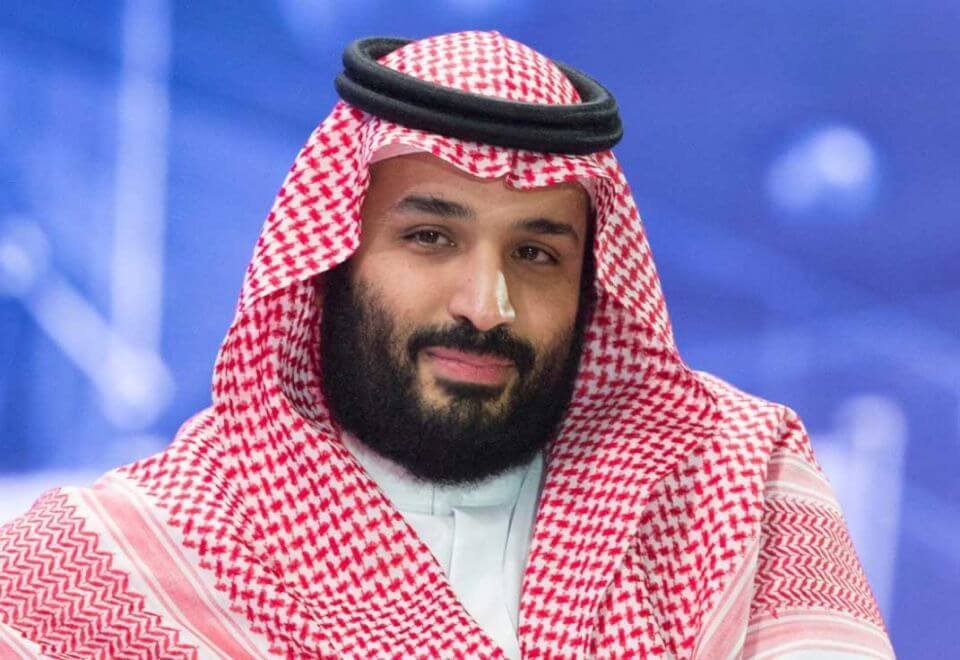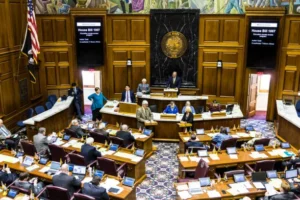According to the European Saudi organisation for Human Rights, from the beginning of 2024 till July 15th, at least 100 people have been executed by the Saudi government. The rights group, which monitors executions in the kingdom, reported an execution rate of nearly one every two days.
On Thursday, the government brought the toll to 106 people by executing two more. One was identified as a Saudi citizen. He was sentenced to death for the crime of trafficking crystal meth, while the other, a Pakistani man, got sentenced to the same for trafficking heroin into the Saudi borders; these crimes happened in Makkah.
These executions highlight Saudi Arabia’s decision to resume the usage of the death penalty for drug offenses, which had been halted for almost three years until late 2022.
As per the official data of AFP, 7 of the deaths dealt out were due to offenses related to drugs. By this time last year, in 2023, the Gulf kingdom had carried out executions of at least 74 individuals. At least 170 people were sentenced to death due to crimes related to terrorism
There have been debates in different parts of the globe over the use of capital punishment, especially for non-violent offenses like drug trafficking. It often sparks arguments around human rights and justice. Such concerns are regularly highlighted by human rights organizations and observers, emphasizing the severity of penalties and advocating for alternative approaches to addressing drug-related crimes.
The authorities justify the executions as being in line with Sharia law and essential for “preserving public order.”
Despite the crown prince’s commitment to reduce executions, the country continues to be one of the world’s leading executors of capital punishment. However, activists argue that Saudi Arabia’s ongoing use of capital punishment contradicts the vision of a more inclusive and tolerant society, which is crucial to Prince Mohammed’s Vision 2030 reform plan.









